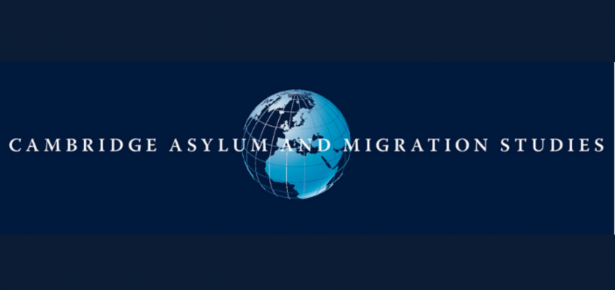
The hard-won institution of asylum is under threat. States around the world have shut their borders in response to the COVID-19 pandemic. It’s now near impossible for most asylum seekers to travel in order to access protection and there is a real risk that this may become the new normal.
The 1951 Convention Relating to the Status of Refugees was drafted in response to the failure of states to provide refuge to people fleeing persecution at the hands of Nazi Germany. The cornerstone of the Convention is the protection against refoulement (or forced return), which prevents states from returning asylum seekers to locations where they would face certain forms of persecution. This, along with similar obligations set out in subsequent human rights treaties, laid the foundations for the modern institution of asylum – the idea that a refugee can spontaneously arrive in a country and be protected from removal while they apply for protection.
Governments began turning their backs on this idea long before the COVID-19 pandemic. Border walls were erected, asylum seeker boats were intercepted and returned at sea, and visa regimes and carrier sanctions were used to stop asylum seekers from travelling by air. As I document in Refuge Lost: Asylum Law in Interdependent World, these policies are fuelled by a sense of competition. Government’s fear that they may face an influx of asylum seekers if they do not match or outdo restrictive policies in other jurisdictions. This has given rise to a race to the bottom, with states copying and adapting restrictive policies from abroad. In Refuge Lost, I predicted that the logical endpoint of this competition would be the end of asylum and that people in immediate danger would have nowhere to flee.
Unfortunately, this prediction has come true quicker than I could have imagined. The border closures implemented in response to the COVID-19 pandemic have effectively suspended the right of people to seek asylum in many countries around the world. Asylum seekers are being turned away at land and sea borders. This has left people trapped in conflict zones and in precarious situations in transit countries — often in conditions that are the perfect breading grounds for COVID-19 outbreaks. The United States has not only refused asylum seekers entry at the border, but has also carried out summary deportations of asylum seekers already in its territory, including children. In the Mediterranean, Greece has copied Australia’s policy of using lifeboats in push-back operations to Turkey, while Malta is using private vessels to warehouse asylum seekers at sea, or return them to Libya. In the Andaman sea, Rohingya asylum seekers are starving to death as states refuse their disembarkation.
While there are legitimate public health concerns at play, the pushbacks, blanket border closures and summary deportations are almost certainly a breach of international law. But so were many of the deterrent and deflection measures that states adopted prior to the pandemic. The danger is that once politicians realise they can get away with shutting their borders to asylum seekers, they may never look back.
The protections set out for refugees in international treaties are only words. Their effectiveness in the real world is shaped by state practice. The implementation of international law into state practice requires leadership— it needs states to set an example to convince other states to adhere to protection norms. The question is will any state rise up to this challenge in the post-pandemic world? Or are we witnessing the end of asylum?
Latest Comments
Have your say!